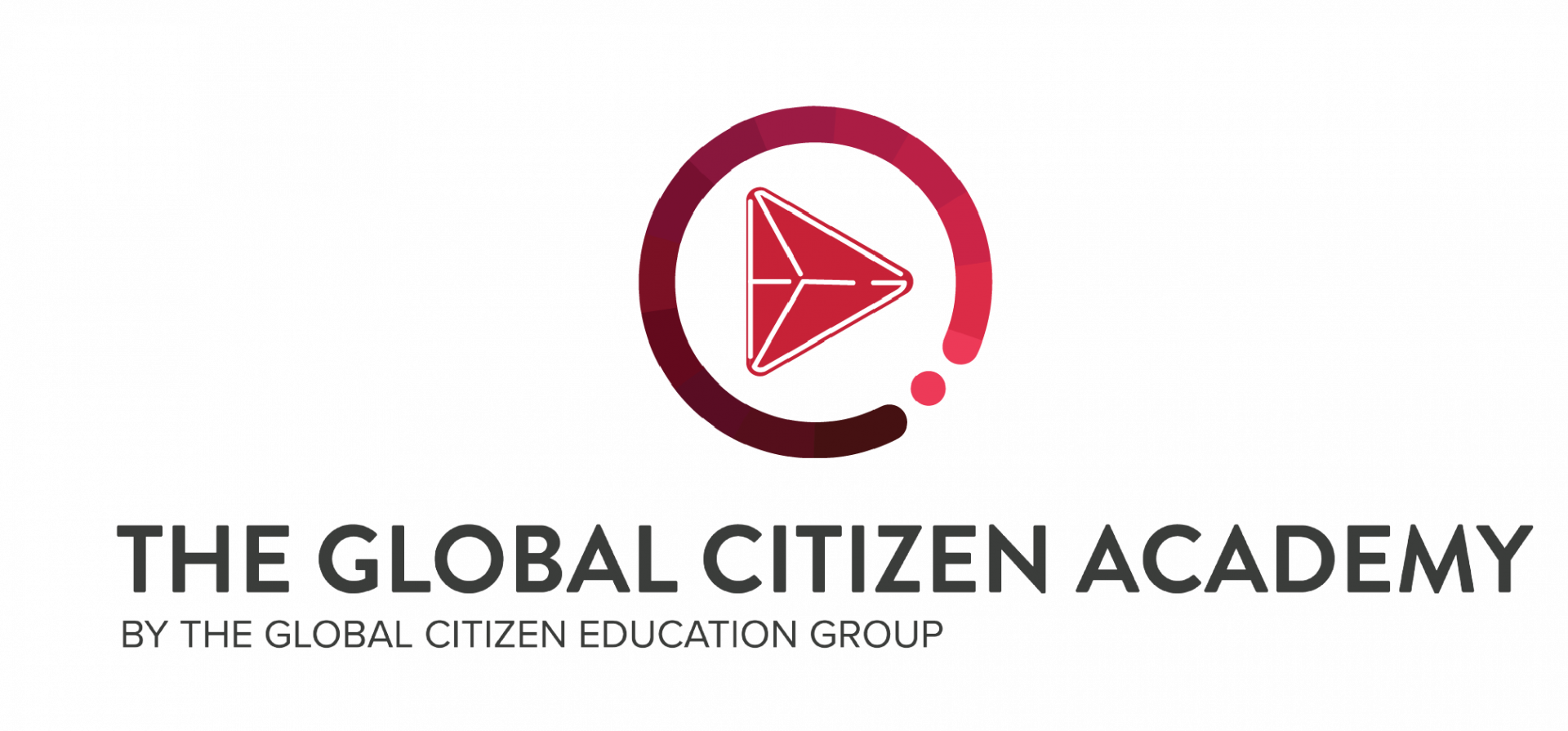Why Global Citizenship Education is the Key to Achieving the UN's Sustainable Development Goals (SDGs): Unlocking a Sustainable Future with Quality Education
Nelson Mandela once said: “Education is the most powerful weapon which you can use to change the future”. Only with a quality education can one change their future and the world around them. Education allows socioeconomic advancement and plays a major role in escaping poverty. Not only does education provide us with important knowledge of the world around us, but it also helps us build opinions and have a personal point of view of life. By having a point of view of our own and the ability to perceive the world around us, we can identify the problem that we face and eventually find a solution to that problem. In essence, education is also a pathway that would lead us to eradicating hunger, poverty and inequality. Provided with the necessary skill and awareness, people will then become more conscious of the importance of inclusive and sustainable economic growth.However, in order to achieve the ambitious goals that have been set for Agenda 2030 and obtain all 17 SDGs by 2030, knowledge alone would not be enough.To achieve the 17 SDGs, youths should have skills such as:
Communication Skills
Critical Thinking
Problem-solving Skills
However, in order to achieve the ambitious goals that have been set for Agenda 2030 and obtain all 17 SDGs by 2030, knowledge alone would not be enough.
Communication Skills
Global Citizenship Education provides students with a wide range of skills and one of the biggest competencies would be communication skills. Communication is integral for collaboration between parties, as a result, having good communication skills would help facilitate collaboration to tackle global issues such as climate change. Furthermore, effective communication would aid in building trust, the ability to listen attentively and embrace different points of view make others believe that your decision is optimal considering everyone’s vision. In general, effective communication provides more clarity to the discussion which makes it easier for others to understand. Despite the will to help, not many actually understand what’s going on and the problem that needs to be tackled, so a bit more clarity in our speech would definitely help them catch up on the topic. Finally, as people get a better understanding, it would improve engagement in the conversation given that people are more confident since they actually understand what’s going on. There are never too many solutions, more engagements would mean there is more chance of getting more ideas and solutions that might totally lead us to the goals that we are trying to achieve. The more the better!
Critical Thinking
Effective communication allows us to perform smoother and increase engagements among individuals in a discussion. However, on the other hand, the capacity to think critically enables us to identify the problem that we need to solve. How are we going to find a solution to a problem that we don’t even know? Without being able to identify the problem that we need to tackle it would be impossible to find a solution. As many goals as we have made, it is important to analyse the problem to cater to the problems that everyone faces. With sustainable and inclusive growth at its core, the 17 SDGs can only be achieved by solving the problem at its root. With such a task, we would need to divide the problem into smaller parts to find solutions that would be attainable by each and everyone of us. Thus critical thinking provides the ability to understand the issue and make a judgement that fits our needs.
Problem-solving Skills
With the world becoming more interconnected, there is a need for youths to understand global issues such as poverty, injustice and inequality. With the exposure to these problems, students will need to find solutions to these problems as they are the core targets that we as the people of the 21st century are trying to tackle. As global citizens, youths need to understand their responsibility towards the global community as well as taking the initiative to find a solution to the problems that are addressed. Problem-solving skills not only provide students with a lateral mindset but it also teaches them how to be resilient when their ideas don’t work. Taking a step forward, these skills help students develop flexibility and adaptability, no matter if the problem requires a team effort or not, the students will be able to react to it.
Is it no exaggeration that education is the key that would unlock the opportunities for future changes. At The Global Citizen Education Group (TGC), we are committed to provide students with a quality and accessible education that would allow them to be empowered individuals who can apply their skills to respond to the challenges of the world and enact change. By helping students to understand the complexities underlying various global issues and identifying the opportunities and challenges to addressing these problems, students can develop to be critical thinkers who speak confidently and think globally.
Image Source: Pexels

